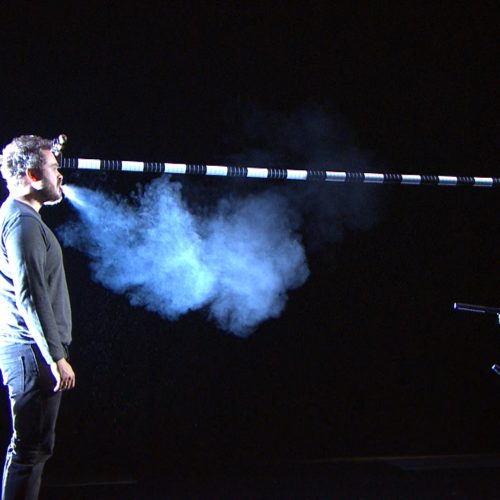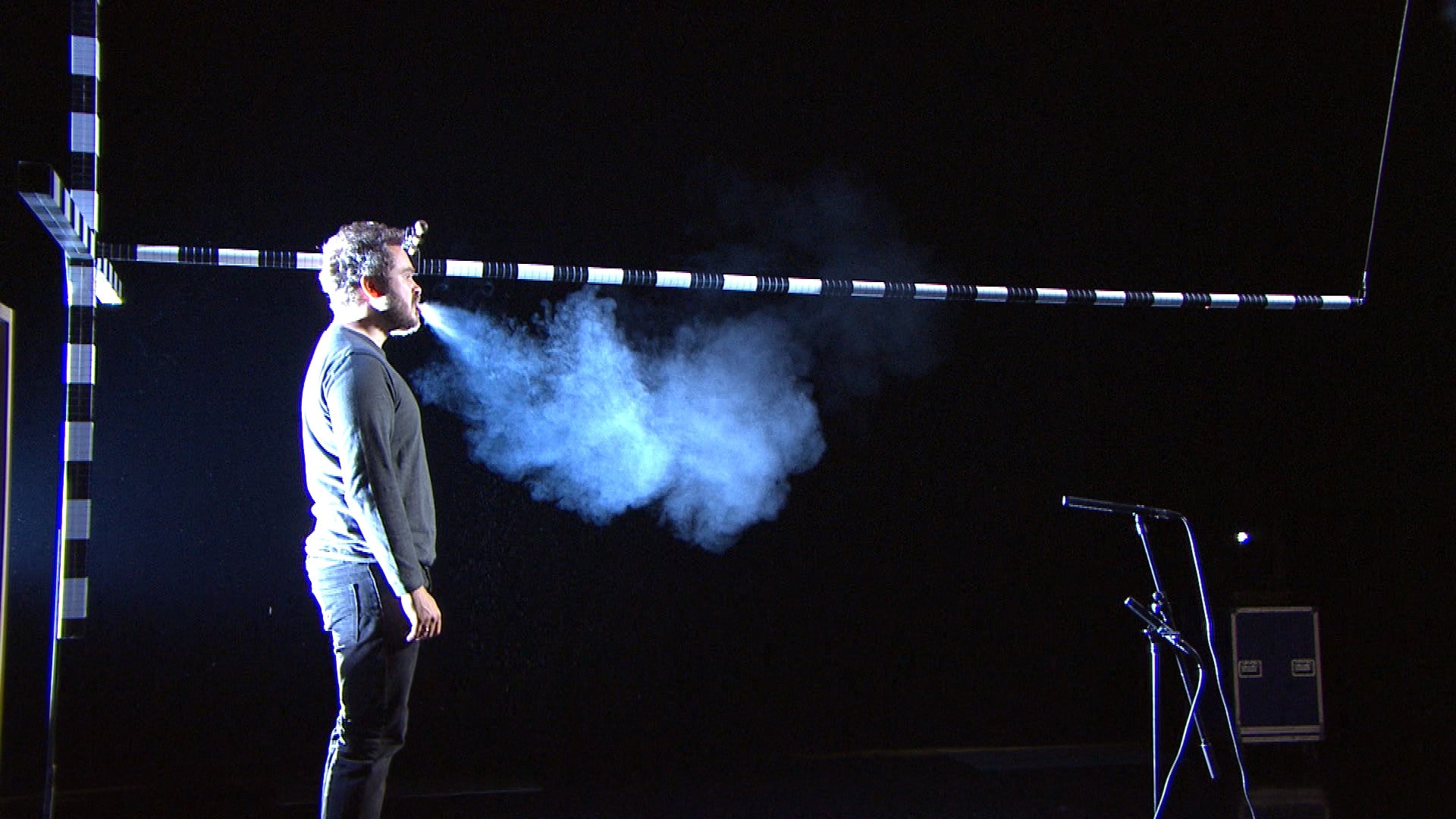Singing in German is twice as dangerous
mainResearch by the Japan Association of Classical Music Presenters has revealed that two languages spread more Covid infection than any other.
Guess which?
German.
And?

Italian.
Both emit twice as many aerosols as, for instance, Japanese. French is also pretty bad.
‘Classical music is basically the western canon,’ lamented the association’s director. ‘If we stopped singing in French, Italian and German, we wouldn’t be able to perform anymore.’
Read here.
Ich bin der Welt abhanden gekommen.






Blicke mir nicht in die Lieder…
“Blicke mir nicht in die Lieder…”
I’m optimistic that this is a play on words (Lider / Lieder, same pronunciation) and the translation is (or can be):
Don’t look into my eyelids.
Because next line:
Meine Augen schlag’ ich nieder,
My eyes I knock down. 🙂
(BTW, if you don’t want someone to “look into your eyelids”, don’t close your eyes, maybe?)
Or perhaps wear dark glasses…
That was one language too many before coffee, funnily enough, my native one:
Meine Augen schlag’ ich nieder
is
something like
I look down (in embarrassment)
Meine Augenlider schlag’ ich nieder
would be closing the eyes. Or beating them up. Or down. 🙂
SIgn language. That’s the way to go!
The way so-called stars sing today, yes, that’s the way to go.
Why not sing in Finnish?
Finnish National Opera were able to put on in October last year “COVID FAN TUTTE” which is brilliant, fun and entertaining.
The cast are magnificent headed by Karita Mattila with Esa-Pekka Salonen, conducting. If you haven’t seen it, don’t miss it.
https://operavision.eu/en/library/per…
Singing in German has always been twice as dangerous.
Opera without words
This test is semi useful as it neglects one huge variable: volume and style of singing. Belting out Beethoven 9th chorale is vastly different from singing a typical Japanese ballad. That’s why the test showed aerosol projection of former is 2x the latter. I am sure the volume/style of song is the main determinant of difference. Better would be singing same song in different languages.
ANyway, to cheer us up, here is the 90 second Mozart piece premiered yesterday :
https://youtu.be/vmxZVMU1Gpg?t=173
Welsh…. But when or where was the last time anyone ever saw Blodwen ?
Llanfairpwllgwyngychgogerichwyndrobwllllantysiliogogogoch.
That’ll give you a dose !
Time for the Magic Flute in Swedish.
https://www.youtube.com/watch?v=8lBXTWSKBIA
Guess I’ll better switch to Japanese when singing in the shower then.
馬にまたがり大地を駆ける
鋭い眼差し その名はジンギスカン!
😀
So stupid
The probably cause is the use of irregular verbs.
No way.
Willig duld’ ich alle Schmerzen,
Ende schmählich meine Bahn;
Süsser Trost in meinem Herzen:
Meine Pflicht hab’ ich gethan.
Just that “Pflicht” sprays more content that the whole body of Italian opera, where anything that is not a vowel is almost a vowel.
“Just that “Pflicht” sprays more content that the whole body of Italian opera”
https://www.youtube.com/watch?v=79HsZG5piGg
Ha, ha!
I think Swiss German must be even worse in this regard than Hochdeutsch, but then again there are no operas in Schweizerdeutsch that I know of (there are several regional dialects, but they all have those aerosols in common … although there was a recent production of “Die Csárdás Fürstin” in Zurich where some of Feri’s lines were spoken or sung in Swiss dialect.)
“I think Swiss German must be even worse”
By definition. 🙂
A new concept has entered the linguistic world:
‘aerosolic languages’
Pah.
Since these are two completely different languages, one consonantal the other liquid vowel dominant, I’m not buying the study. For one thing they compared demanding, intense operatic selections with a child’s ditty. Seems the study was weighted to achieve a predictable result. The only real test would be measurements using German and Italian kid’s songs along with the Japanese one. And all three with the same vocalists.